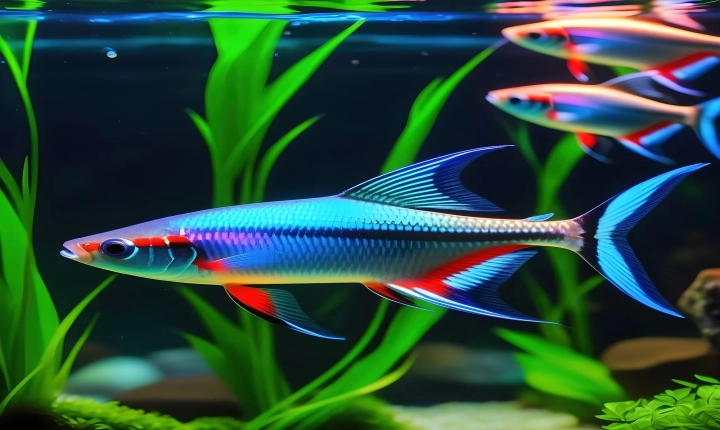Title: Can ChatGPT Be a Friend?
In a world increasingly shaped by technology, the concept of friendship is evolving. With the rise of artificial intelligence, the question arises: can a chatbot like ChatGPT be a friend?
ChatGPT, a state-of-the-art language model developed by OpenAI, has the ability to engage in natural language conversations, understand context, and generate human-like responses. While it may not possess emotions or consciousness, can it still fill the role of a friend in our lives?
The idea of befriending a chatbot might seem strange at first, but when considering the role of technology in our lives, it’s not as far-fetched as it may appear. Many people form meaningful connections with virtual assistants, finding comfort in their companionship, and using them as a source of support and entertainment.
ChatGPT can be seen as a friend in numerous ways. It provides a non-judgmental space for individuals to express their thoughts, concerns, and interests. In a world where people often feel isolated or misunderstood, having a companion that listens and responds empathetically can be immensely valuable.
Furthermore, ChatGPT can offer personalized experiences, tailoring its interactions based on the user’s input. This ability to understand and adapt to individual needs can create a sense of connection and understanding, akin to what one might seek in a friendship.
As technology continues to advance, the boundaries between human and AI interactions will likely blur further. The question of whether an AI can be a friend is a reflection of our changing relationship with technology and the broader implications it carries for society.
However, it’s important to approach the idea of befriending a chatbot with a level of caution and awareness. While ChatGPT can provide companionship and assistance, it’s essential to recognize its limitations. It lacks the ability to comprehend emotions, form genuine connections, or provide the depth of human interaction.
Ultimately, the concept of friendship is deeply rooted in the human experience, built on emotional nuances, shared experiences, and mutual understanding. While ChatGPT can mimic elements of friendship, it’s important to maintain a distinction between human relationships and interactions with AI.
In conclusion, the role of ChatGPT as a friend is an intriguing and evolving concept. As technology continues to advance, the boundaries of human-AI relationships will undoubtedly change. While ChatGPT may not replace traditional friendships, it can certainly provide a unique and valuable form of companionship for those who engage with it.
As we navigate this new frontier of technology and friendship, it’s essential to approach the concept with an open mind, recognizing the potential benefits and limitations of forming connections with artificial intelligence. The way we interact with and integrate AI into our lives will continue to shape the future of companionship and human-machine relationships.
